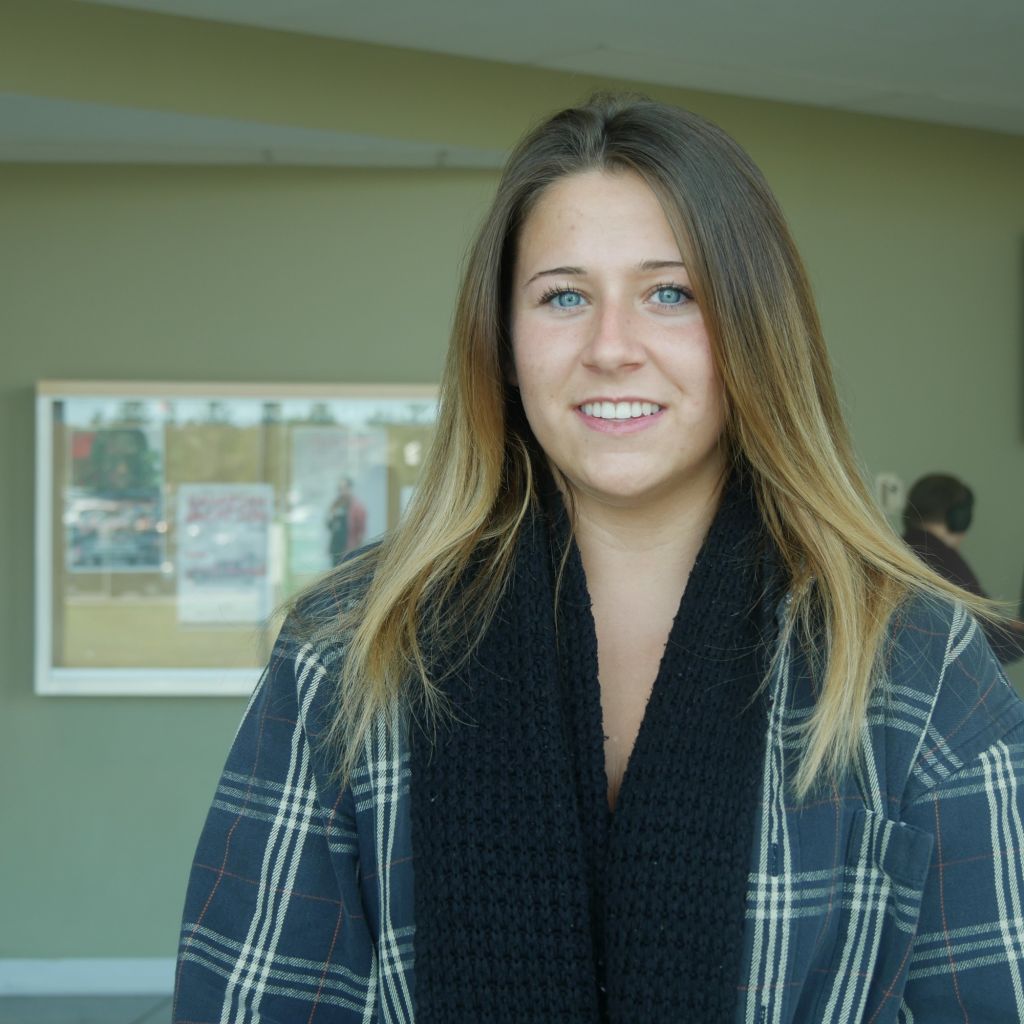Ottawa’s municipal election is on Monday, Oct. 22. In less than three weeks, you will help elect the people who will make the big civic decisions at Ottawa city hall for the four years.
Pretty big deal, isn’t it?
And while this municipal election is even a bigger deal for those who will get the chance to vote for the first time, if you’re like Brittany Mulholland, you may not feel informed enough — and may not cast your ballot.
“If I knew what’s going on, I would probably vote,” said Mulholland, first-year police foundations student.
According to Jon Willing, Ottawa city hall reporter and teacher of a local government class at Algonquin, a lot of students don’t understand how municipal politics work. Consequently, when they come into their voting ages, many aren’t armed with enough knowledge to vote.
“They get an introduction to national and provincial politics in civics class in high school but that’s about it,” said Willing.
While other campuses in Ottawa are promoting the date of the upcoming election, informing students about voting stations on and around their institution, Algonquin isn’t as active when it comes to local politics.
Students’ Association president Deijanelle Simon explained that the college runs differently in terms of its student union compared to other colleges and universities.
“We’re run by a policy governance platform, so whatever we hear from the students we make it into policy,” said Simon. “If the concern comes from students, by all means, we’ll be happy to advocate for that.”
Simon believes in students unionizing their voices to further their education about issues that affect them. The SA recognizes encouraging students to get involved when it comes to politics, but don’t do it actively.
“It would be great if the college had a booth where we could get information regarding the elections and where we could talk about politics,” said Mulholland. After giving it some thought, she came to the realization that most of her time is spent on campus.
“Since I spend lots of time on campus, I would be more willing to vote if I could do it here rather than having to drive around to find a voting station,” she said.
According to Willing, the role of the college should be in telling students when the election is happening, and if there isn’t a voting station on campus, to tell students where they can find the nearest voting stations.
“I don’t think the college needs to take the active role in telling students about the election. I think what it can do is to tell students when the election is, aka Octover. 22nd,” said Willing. “I think that if students know there’s an election coming up on Oct. 22, then students might be more interested in finding out who’s running in the election, who’s running for mayor, who’s running for councillor in their ward and it might be an opportunity for them to learn about big local issues,” he added.
When local issues and politics are often undermined by voters, Simon and Willing both believe that the municipal election is a great opportunity to see the impact of what your vote can do. Local issues affect residents directly, therefore they have an important role to play in the decision-making process.
The college has a role to play when it comes to informing students about the municipal election, but Willing is impartial when it comes to voter’s behaviour.
“It really is up to not just the students, but any voter to educate themselves on the municipal issues of the day and go to cast their ballots on Oct. 22 with a bit of education,” concluded Willing.


